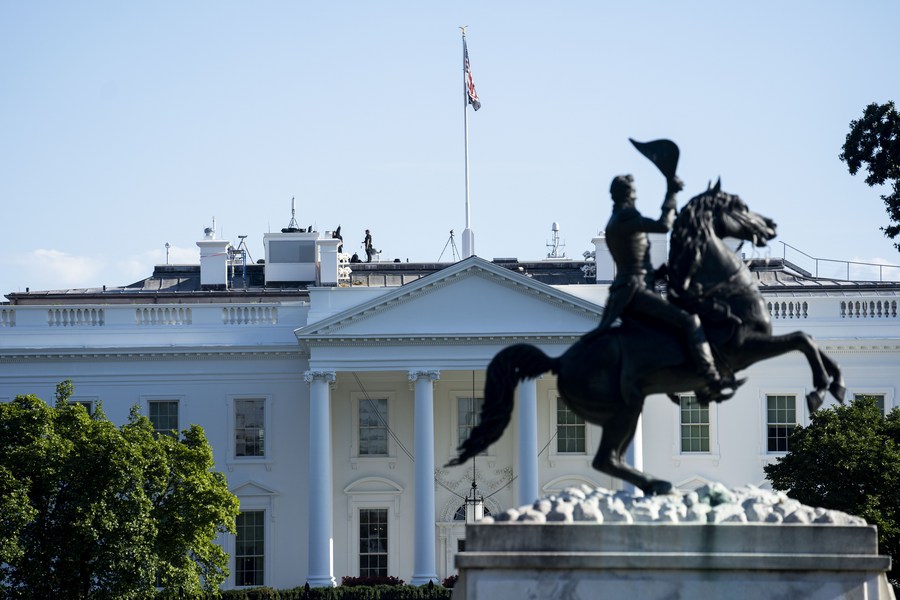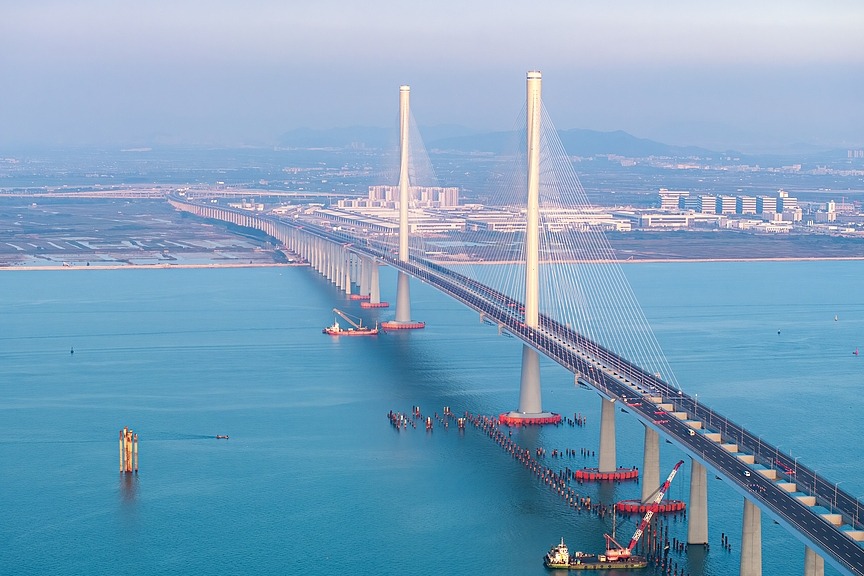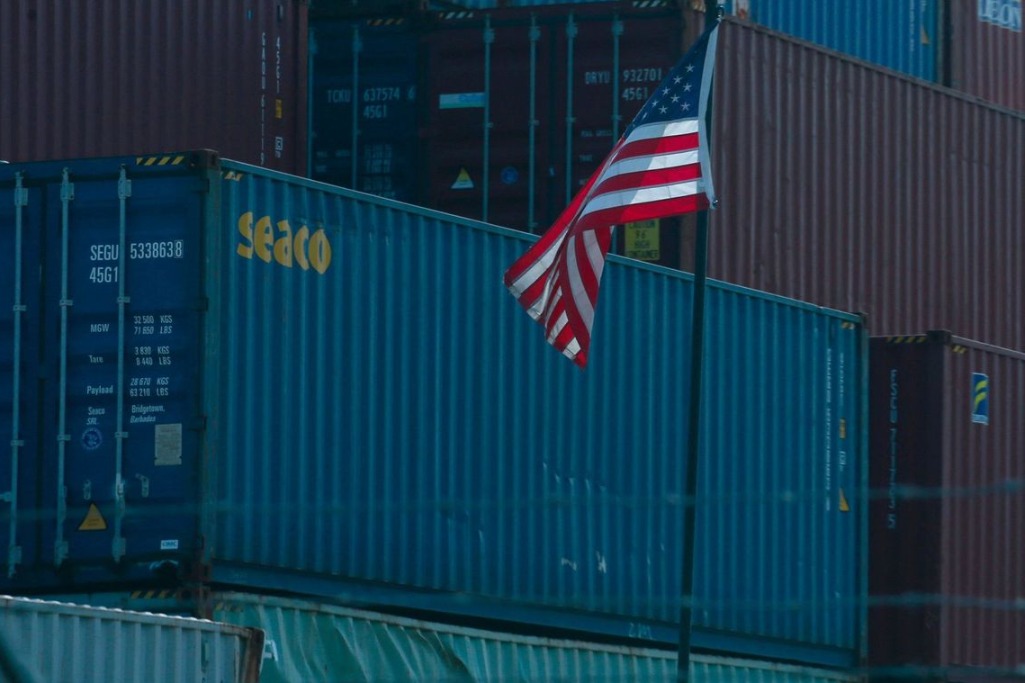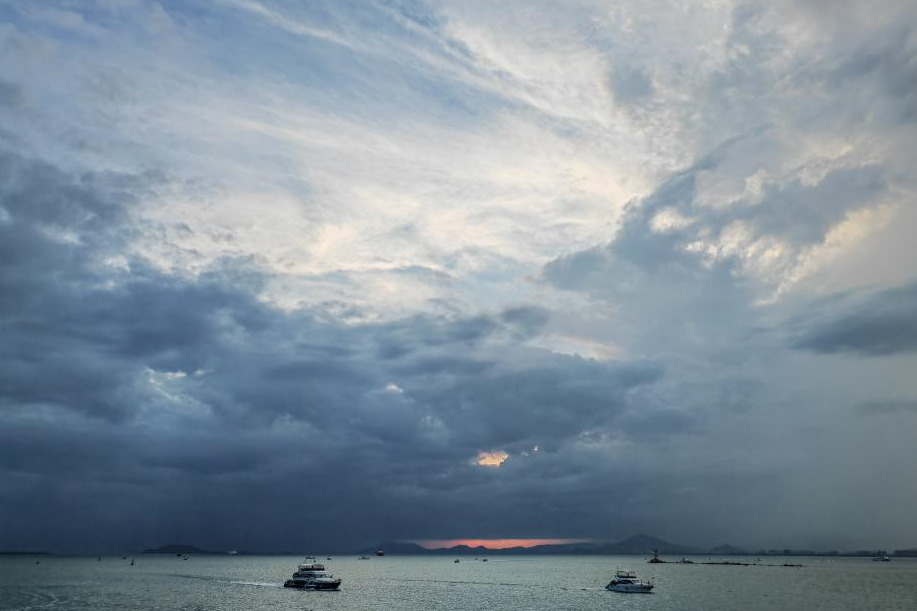Camp David meet makes no bones about intent: China Daily editorial


Despite the devastating wildfires in Hawaii, the focus of the Joe Biden administration is on the president's meeting with Republic of Korea President Yoon Suk-yeol and Japanese Prime Minister Fumio Kishida on Friday at Camp David, Maryland, which has been a backdrop for signal moments in US foreign policy.
All the indications are that a trilateral security alliance is in the works. It was the Yoon government's decision to reach out to Tokyo in March with a proposal to resolve their differences on historical issues that paved the way for Biden to merge the US' respective security alliances with the Republic of Korea and Japan into an integrated whole. Such a trilateral security framework means the ROK will be expected to switch much of its military posture to address a supposed "threat" from China rather than the Democratic People's Republic of Korea. It is a pity that such a precursor for a North Atlantic Treaty Organization-style security alliance in Asia can be formed, after the Cold War ended more than 30 years ago, simply because of an external force's political maneuvering.
This year marks the 31st, 45th and 44th anniversary of the establishment of China's diplomatic ties with the ROK, Japan and the US respectively. All the bilateral ties are based on unequivocally clear and solemn political avowals of such principles as mutual respect for sovereignty and territorial integrity, mutual nonaggression, noninterference in each other's internal affairs, equality, mutual benefit and peaceful coexistence, as well as the one-China principle.
Be it the Taiwan card, the issues related to the South China Sea and the East China Sea or the technology and trade disputes instigated by the US, they are all manifestations of the US' shortsighted China containment strategy. The Camp David meeting is just the latest addition to the list. By being part of a trilateral security alliance, the ROK will no longer be an independent actor in regional affairs but an appendage of the US' "Indo-Pacific" strategy, expected to act as leverage to maintain the US' hegemony like Japan.
Both Seoul and Tokyo should realize that it is the long-term regional peace and stability that have created a stable external environment for their economic development, and that it is China's development as the world's largest source of resources, market, manufacturing base and logistics center that has sustained the region's development.
It is absurd that they are both choosing to bet their future on the US' shortsighted geopolitical game. In doing so, they will turn cooperation into rivalry, unity into division and friendship into hostility.


































